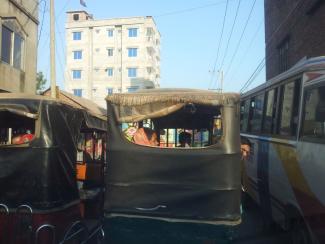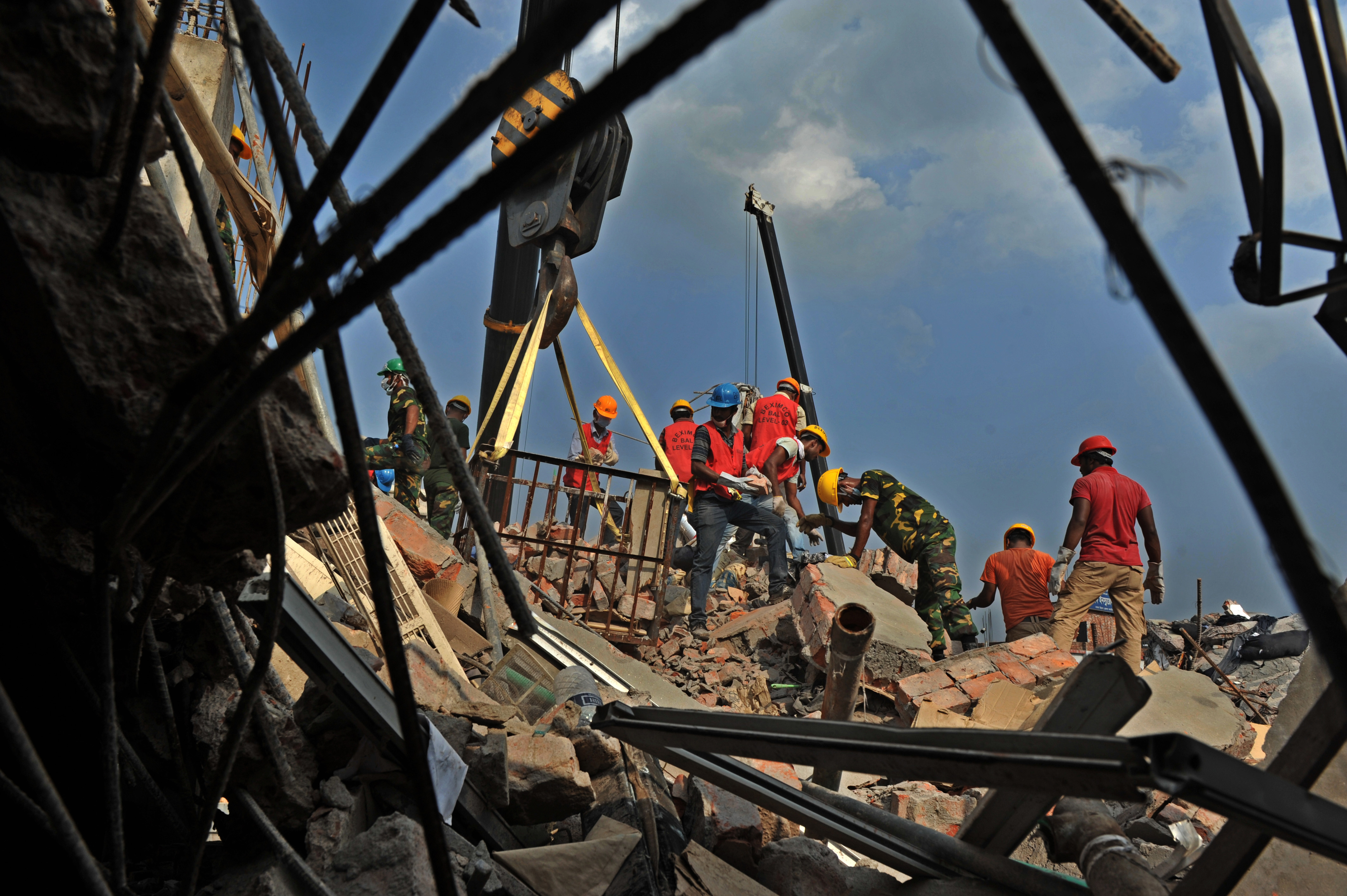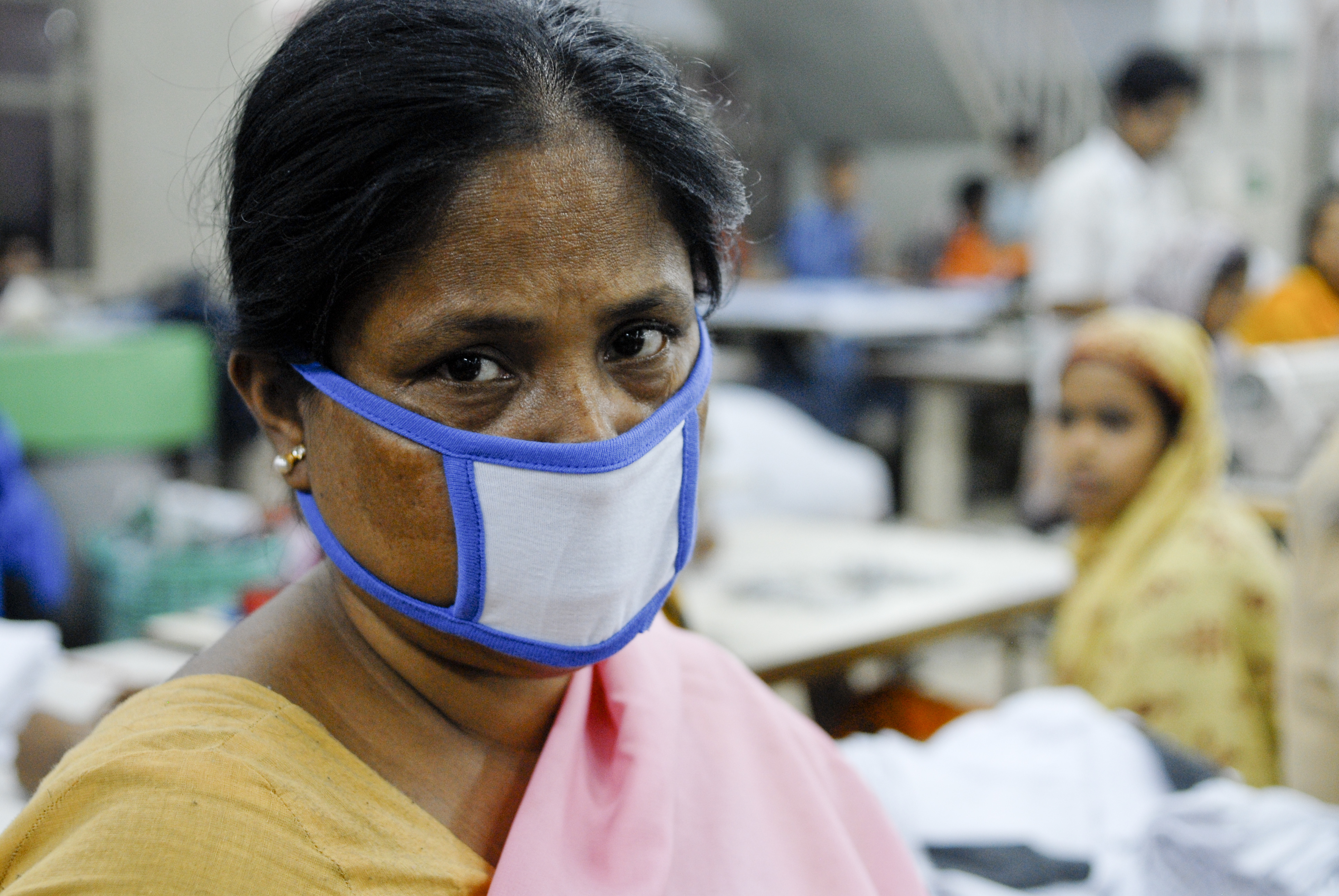Adapting to climate change
The way forward

Bangladesh is one of the nations that emits very little carbon, but it is likely to be among those that suffer most because of global warming. However, the country is not waiting to be rescued by others. It has taken several initiatives to facilitate climate-resilient development. In 2008, Bangladesh adopted a 10 year strategic action plan to address the impacts of climate change. Subsequently, a trust fund was created, which has so far invested the equivalent of almost $ 1 billion in tangible projects. The international donor community, moreover, has set up a parallel fund, which is called the Resilience Fund.
At the ground level, Bangladesh has achieved tremendous success in the area of disaster management. The country has a very effective cyclone warning system which is supported by nearly 50,000 cyclone preparedness volunteers. It also matters that the industrial sector has been growing, creating new livelihoods and boosting incomes opportunities. The constant economic growth over the past few years have set Bangladesh to graduate to a lower middle income country by 2021.
More needs to be done, of course. The following issues deserve attention:
- Measures should be taken to prevent further intrusion of salinity. It would be good to retain monsoon waters to increase the rivers’ water flow in the dry season, so less saline water would be pressed into the delta. The technical challenges are great, however, and require thorough consideration.
- The existing coastal embankments have to be managed better. They need to be raised and made stronger as the sea level rises. Moreover, there should be provisions to repair damaged embankments fast.
- Agriculture provides livelihoods to most people in the coastal region, so climate-smart agriculture must be promoted. It would make sense, for instance, to rely on rice varieties that are especially salt-tolerant. The same can be said for other crops. Another option is cultivation on raised beds. Appropriate policies should promote interventions like this, ensuring that marginal farmers benefit.
- It is important to build disaster-resilient rural infrastructure, taking into account the needs of women and vulnerable groups.
- As rural to urban migration increases, appropriate urban planning and adequate urban infrastructure must be ensured. Moreover, livelihood opportunities must be created in new urban centres, so migrants will be attracted to other places than the crowded existing cities.
Apart from tackling challenges at home, Bangladesh must ensure in global negotiations that funding and technical expertise are provided to all countries that are vulnerable to climate change, especially if they have hardly contributed to the phenomenon. There are limits to what climate adaptation can achieve, moreover, so the international global community must protect the climate. Global cooperation is needed to achieve the required reduction of greenhouse-gas emissions. Bangladesh’s diplomats have their work cut out for them.
(dem)











